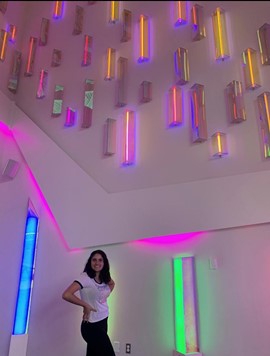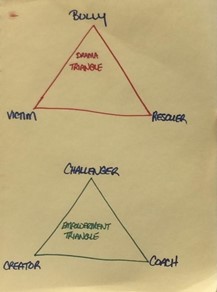
My Struggle with Anxiety and How I’m Learning to Live with It

This is Faith's Story
I’ve suffered with anxiety for as long as I can remember. It’s been an issue since I was a young child. When your anxiety is deeply rooted in you, it’s very difficult to overcome. That is why in the last two years, I have shifted my focus from “curing” my anxiety to “managing” it. I think for a lot of people, the goal is always to cure it, but perhaps there is more underneath the surface that makes a cure particularly impossible. This said, anxiety is not something I will allow to run my mind, my heart, or my life. Over the years, I’ve learned some tips and tricks to help me with my goal.
Anxiety is a really hard thing to live with, especially when the term anxiety is often overused and misused. It is not commonly or easily understood. That was the biggest shock to me when I realized anxiety was a real problem for me. People would say things like “It’s just like stage fright, right?”, but for me, it’s so much more than that - it can sometimes be completely debilitating. It takes control of my body. I shake, I cry, and I feel like I can’t breathe. It’s terrifying. I quickly realized that anxiety is one of those things someone couldn’t possibly understand until they experienced it themselves.

I’ve been in therapy for about 7 or 8 years now (I’m 18) and I’ve noticed that anxiety affects me in ways I don’t even see - it’s an all-consuming disorder. Over the years, through therapy and experience, I’ve learned some very helpful coping mechanisms. Some work, some don’t. My therapist told me about two concepts: the “Drama Triangle '' and the “Empowerment Triangle''. This works best for general, everyday anxieties, not during anxiety attacks. On the “Drama Triangle”, there are 3 players: the bully, the victim and the rescuer. On the “Empowerment Triangle”, there are also three players: the challenger, creator, and the coach. Anxiety thrives in the “Drama Triangle”. It turns your brain into the “bully”. It’s the little voice in your head making you worry, or telling you you aren’t good enough, or doing enough, etc. This may make us take on the role of the “victim”. Unfortunately, the only role left on this triangle is the “rescuer”. It isn’t usually easy for someone to take on the role of “rescuer”, nor is it ideal. The goal is to talk down our anxiety and move over to the “Empowerment Triangle”. We want to challenge ourselves and our thoughts.
- Why are we thinking that?
- Does that make sense?
- Can we do better?
Then, we want to take on the role of the coach. We want to encourage ourselves!
- “You can do this!”
- “We don't need to be anxious right now about this.”
- “Maybe what I’m worried about is out of my control and I should do something else with my energy.”
Last, you become the creator. Think of ways you can help yourself or the situation if it is in your power. This is a great tool to help change your perspective and bring you back to center.
- “How can I help this situation?”
- “What can I do?”
- “Is there a solution to my problem that will result in a positive outcome?”
Another method I’ve found works for me is the 3’s method. This one is great for when you are experiencing an anxiety attack. I learned it from the TV show The Fosters. You name 3 things you can see, touch, feel, taste, and hear. I don’t find that it calms me down, or solves my problem, but it certainly grounds me. It works to regulate my breathing, and I can focus on what is going on. When I have an anxiety attack, I usually am easily distracted, or can’t see straight, so this tool is really helpful for solving that issue. After I complete my 3’s, I am better able to rationalize my thoughts. Some great questions to ask yourself are: Am I safe? Am I okay? Can I solve my problem? If not, how can I work to accept that? What are my worries and fears? Are they realistic? How can I help myself? How can I ask for help from others? What do I need right now?

These tools are simply what I’ve found works best for me, which doesn’t necessarily mean that it will work for you. Today, now that I have these tools under my belt, I am able to live a better day-to-day life. I still have my struggles, don’t get me wrong, but these tips and tricks have made a real impact on my life, as I hope they will for you. I wish you nothing but the best on your journey to learning to live with your anxiety!

Don't see what you're looking for? Send us an email!
©Copyright 2024 Cam’s Kids powered by Kids Help Phone
Not-for-Profit Organization. B/N: 921508-5
Thanks for visiting Cam's Kids. Please remember...
Cam's Kids is not a service provider.
If you are in crisis, please call 911 or go to your nearest emergency department. For free, confidential counselling, contact Good2Talk or Kids Help Phone.
Post-secondary students: find your local crisis resource here.





